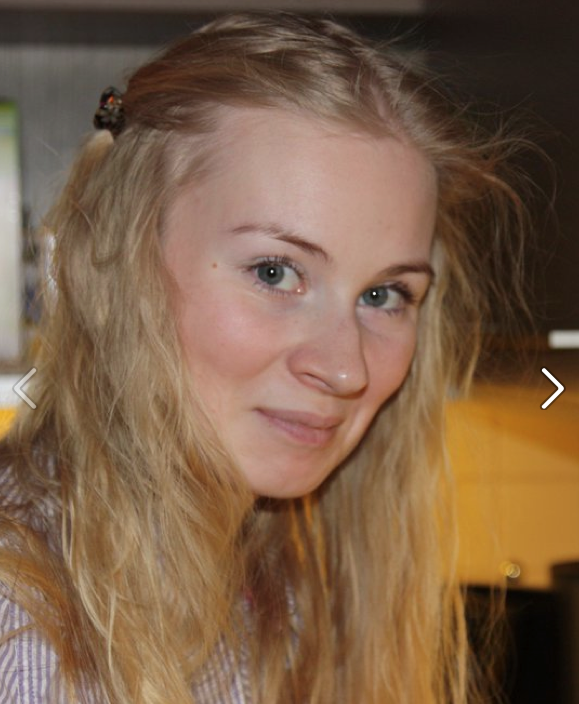I’ve got a perception of research and it’s a twisted one. Since I graduated from university I have been going to extremes in my attitude to research work, and it seems a cyclic process which I can’t find a way to put an end to. I’m torn between my aspirations and the saddening view of reality.
The Oxford dictionary definition states that research is “the systematic investigation into and study of materials and sources in order to establish facts and reach new conclusions”. Well, I would expect to see NEW as the key word here. Maybe because I’ve been teaching science students for more than three years, I’ve grown to seriously believe that research should be based upon an Extraordinary Idea — an idea which, when well thought over, explored and refined, will if not change the field, definitely make a whole lot of difference. Research in my understanding encompasses innovative thinking and its further practical applications ideally enabling change of some sort.
Research can be controversial and provoke debate (take Sugata Mitra’s SOLE project, for example), but one thing research can’t be is trite. Now let’s get down to the grounds of my skepticism towards research, especially as I have experienced how it’s done.
The “research” I was doing for my graduation thesis was neither interesting (to me or my supervisor) nor convincing. It was done solely to fill the necessary amount of paper with a certain type of a structured academic writing, enveloping unexciting ideas into even more unexciting cliché phrases. I do realize that my diligent flipping through the pages of captivating Fowles’ stories in search of contexts of several words and later categorizing them meant (and still means) nothing. Most of my mates had the same feeling. We could probably excuse this type of research for being obligatory and thus not necessarily inspirational or groundbreaking and move on, but should we?
As a general rule, a teacher has to do some research in order to teach in a higher education institution here in Russia. They are expected to be writing papers and publishing their results in local academic journals that, to be honest, I doubt anybody ever reads. I don’t believe that quality research can be an outcome of imposed will. A year ago I was rejected (actually denied even a chance for an interview) by one of the universities with an email saying that the department needed either a post-graduate student or an experienced degree holder to fit an English language teacher position. Never mind, there are lots who are willing to fit.
Finally, people “carry out research” as they want an impressive title. This looks the most pointless and least attractive reason of all to me. To feed this demand there are special agencies which help you get a PhD in any area for a fixed price. As you can imagine, there are lots who are willing to pay.
From what I’ve read in Russian since I got over my first round of frustration with the academic system here, research papers in Russia are compilations and rephrasings of somebody else’s (mostly European and American) ideas and theories. Maybe my expectations are set too high as I want to read an academic article and be thrilled. This, on second thought, only proves that I don’t have the slightest idea of what academic research is really for, as it doesn’t seem to be conducted to please or surprise the reader.
Don’t mistake what I say for a scornful attitude, please. Yes, my view is personal as always, but it doesn’t mean I oppose research. I just don’t feel sure that the way it is offered, expected and encouraged to be done here is right. I would welcome a counter opinion — which I hope you will give me in comments below — and would be more than happy to shift my perspective, and start believing that doing research is, in fact, meaningful. As non-professional as it might seem, my whole view of the problem is entirely through the lens of subjectiveness, so it should be crushed and criticized paragraph by paragraph by those who know better. I’m willing to listen.
“If you steal from one author it’s plagiarism; if you steal from many it’s research” – W. Mizner
Or is it..?




